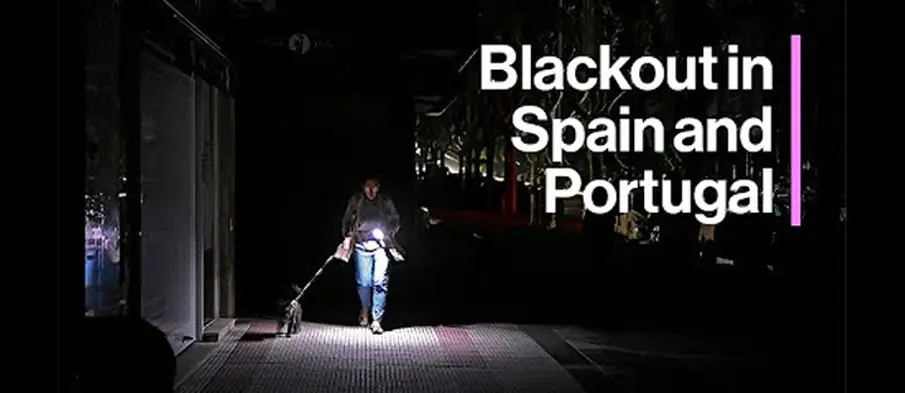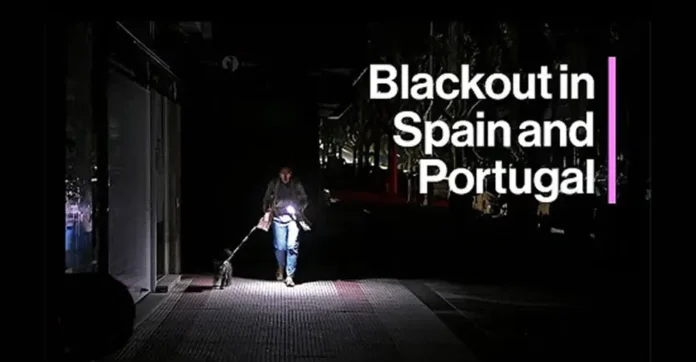
A major power outage that struck Spain and Portugal in late April was caused by a voltage surge, compounded by technical errors and planning missteps, according to a government investigation released Tuesday.
The disruption, which began on April 28, lasted more than 10 hours and affected large portions of the Iberian Peninsula. Cities across both countries were left without electricity, halting public transport, interrupting communications, and paralyzing business operations.
Spanish Ecological Transition Minister Sara Aagesen explained that the incident stemmed from a “voltage surge” in southern Spain that triggered a series of small grid failures. These ultimately set off a cascading series of protective shutdowns across the region’s power system.
Aagesen stated the grid on that day had “insufficient voltage control capacity,” partly due to a programming flaw. “We reached a point of no return with an uncontrollable chain reaction,” she noted. The report emphasized that the crisis could have been prevented had there been better safeguards to handle the voltage spike.
Large gas and nuclear plants were criticized for their response, with Aagesen stating they had acted “inappropriately” by failing to cushion the grid during the surge. Grid operator Red Electrica was also faulted for not ensuring enough thermal power stations were online to support system stability.
Importantly, the investigation ruled out any evidence of a cyberattack.
The Spanish government called the April blackout one of the most severe in Europe’s recent history and announced plans to reinforce the national grid. These include upgrades to voltage control mechanisms and better integration of Spain and Portugal with the broader European energy network.
While the incident sparked debate about the stability of renewables, officials dismissed claims that solar or wind energy caused the failure. Prime Minister Pedro Sanchez reaffirmed that Spain would stay committed to its green energy transition.





